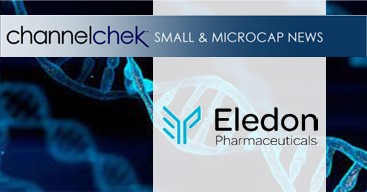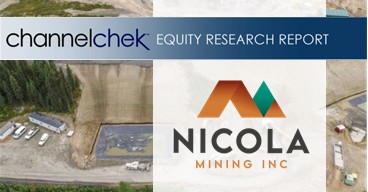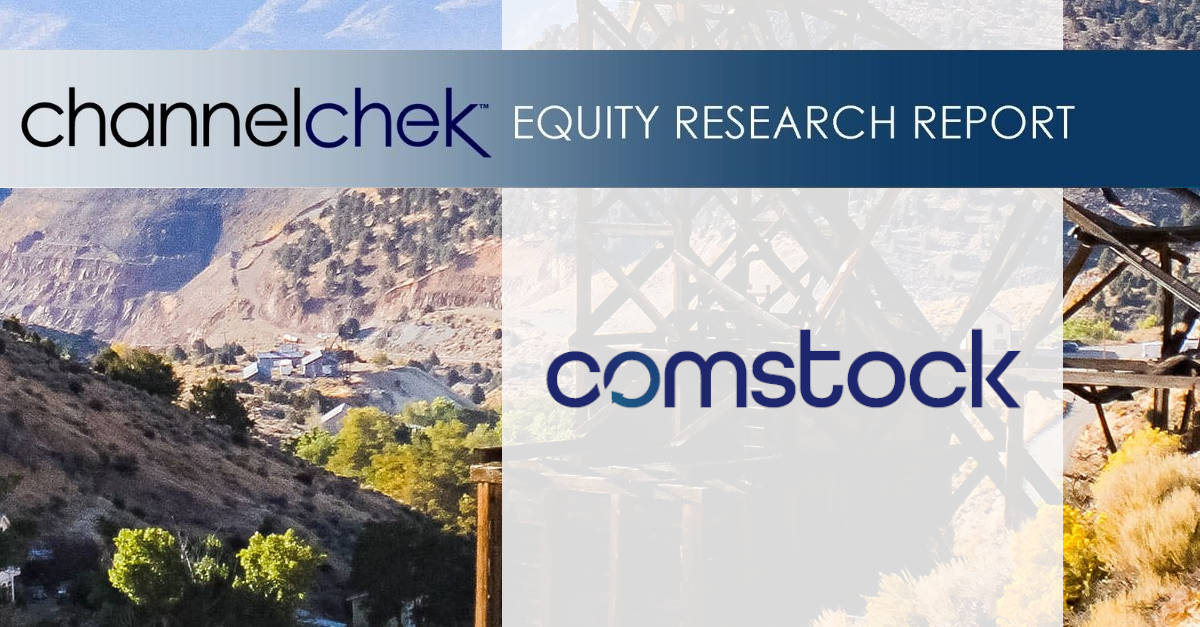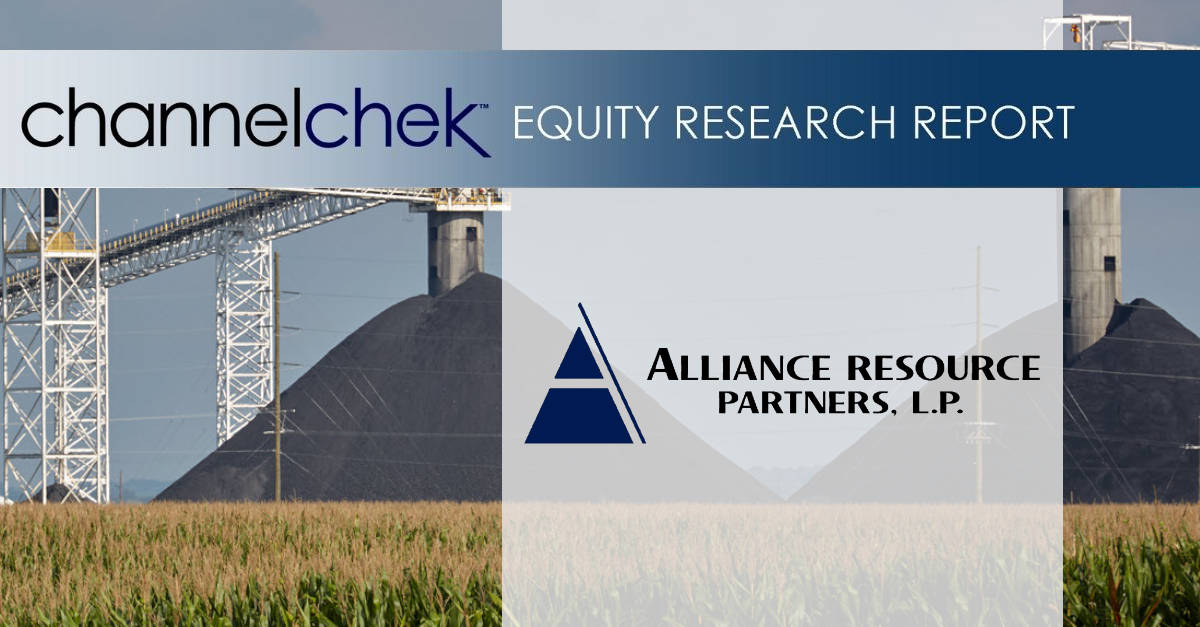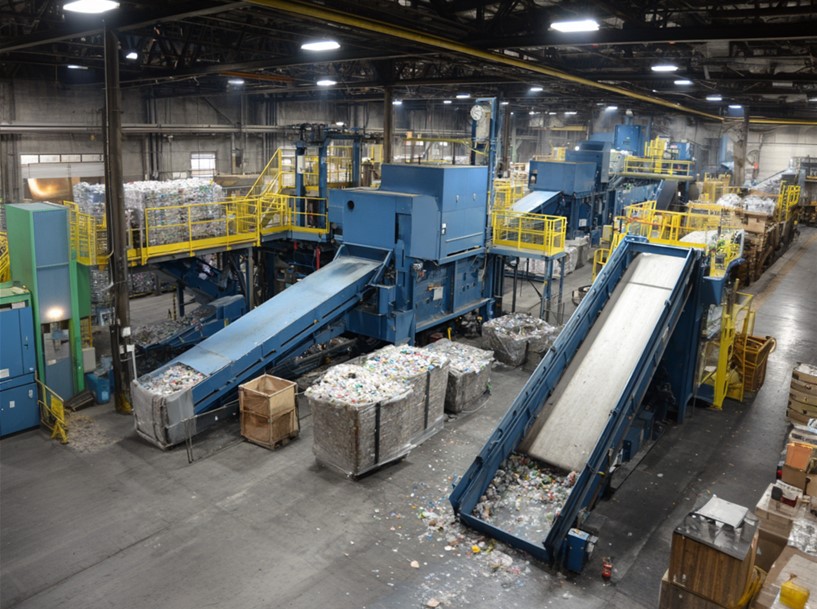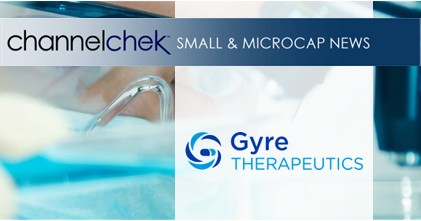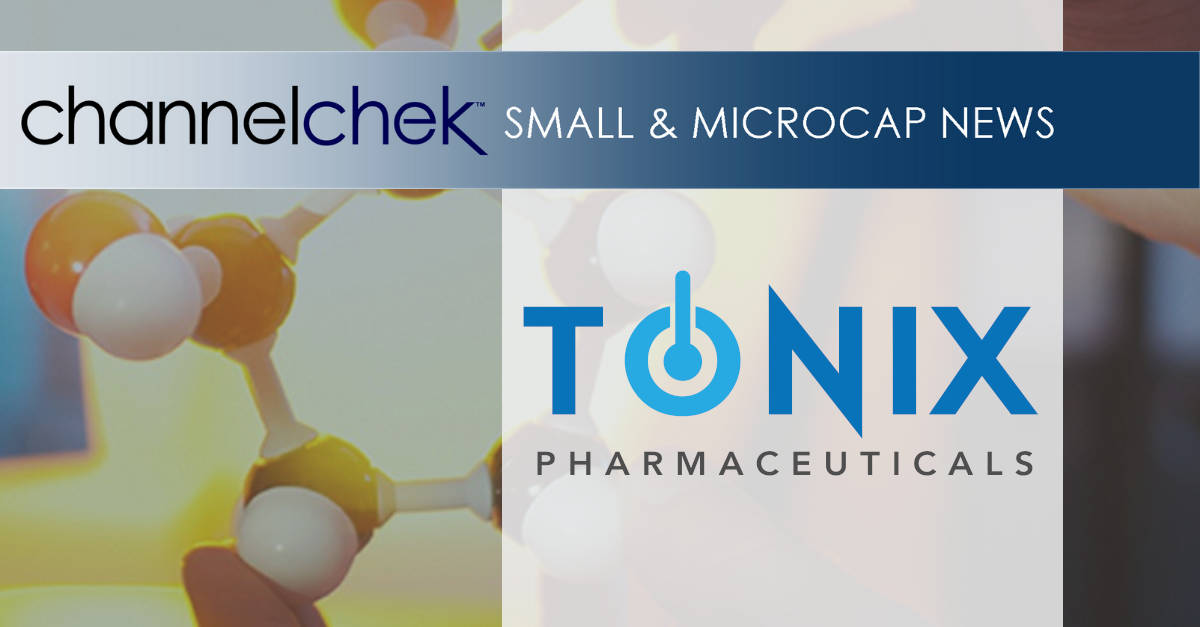Research News and Market Data on TNXP
CHATHAM, N.J., Oct. 14, 2025 (GLOBE NEWSWIRE) — Tonix Pharmaceuticals Holding Corp. (Nasdaq: TNXP) (“Tonix” or the “Company”), a fully integrated biotechnology company with marketed products and a pipeline of development candidates, today announced that Seth Lederman, M.D., Chief Executive Officer of Tonix Pharmaceuticals, delivered a presentation titled “The History and Promise of anti-CD154 Monoclonal Antibody Immunomodulation for Transplantation,” at the 61st Annual Congress of the Japan Society for Transplantation, which took place October 9–11, 2025, in Nagoya, Japan. The CD40-ligand (CD40L) is also known as CD154. A copy of the Company’s presentation is available under the Presentations tab of the Tonix website at https://ir.tonixpharma.com/presentations.
“We are encouraged by the favorable safety and biomarker data from the Phase 1 study, which support the continued development of TNX-1500 as a novel immunomodulatory approach in transplantation and autoimmune diseases,” said Dr. Seth Lederman, Chief Executive Officer of Tonix Pharmaceuticals. “Dimeric TNX-1500 was designed to target cell-associated CD40L, which we believe plays important roles in organ rejection. We look forward to engaging further with the transplantation and immunology communities as we move into next-stage studies.”
Dr. Lederman added, “Several studies have shown that anti-CD40L treatment of animals with transplanted organs is associated with an increase in the number and activity of T-regulatory cells (“T regs”). We are excited that Mary Brunkow, Fred Ramsdell and Shimon Sakaguchi were awarded the Nobel Prize in Physiology or Medicine 2025 for the discovery and characterization of these T regs and their role in peripheral immune tolerance just a few days before the conference. The growing recognition of the significance of T regs in the immune response has driven our interest in pursuing anti-CD40L treatment to prevent organ transplant rejection.”
Dr. Lederman’s presentation highlighted his discovery of CD40L as a therapeutic target, the evolution of anti-CD40L therapeutic monoclonal antibodies and featured data from the completed Phase 1 study of TNX-1500, Tonix’s third-generation Fc-modified dimeric anti-CD40L monoclonal antibody. The talk reviewed the molecule’s design to minimize thromboembolic risk while maintaining immunomodulatory activity, presented Phase 1 safety and pharmacodynamic results, and outlined next steps toward Phase 2 development for the prevention of kidney transplant rejection and the treatment of autoimmune indications.
Dr. Lederman’s presentation was part of a morning breakfast seminar sponsored by Tonix and chaired by Professor Takaaki Kobayashi, from Aichi Medical University School of Medicine, that included presentations by two academic Tonix collaborators: a presentation by Harvard Professor and Massachusetts General Hospital (MGH) surgeon Richard Pierson III titled, “CD154/CD40 blockade with Fc-modified anti-CD154 mAb for heart transplantation” and a presentation by Harvard Professor and MGH surgeon Tatsuo Kawai titled, “CD154/CD40 blockade with Fc-modified anti-CD154 for kidney transplantation.”
About TNX-1500
TNX-1500 (Fc-modified humanized anti-CD40L mAb) is a humanized monoclonal antibody that binds and functionally inhibits the CD40-ligand (CD40L), also known as CD154. TNX-1500 is being developed for the prevention of allograft and xenograft rejection, for the prevention of graft-versus-host disease (GvHD) after hematopoietic stem cell transplantation (HCT) and for the treatment of autoimmune diseases. Two published articles in the American Journal of Transplantation demonstrate TNX-1500 prevents rejection, prolongs survival and preserves graft function as a single agent or in combination with other drugs in non-human primate renal and heart allografts.
*TNX-1500 is an investigational new biologic and is not approved for any indication
Tonix Pharmaceuticals Holding Corp.*
Tonix Pharmaceuticals is a fully-integrated biotechnology company with marketed products and a pipeline of development candidates. Tonix has received FDA approval for Tonmya™, a first-in-class, non-opioid analgesic medicine for the treatment of fibromyalgia, a chronic pain condition that affects millions of adults. This marks the first approval for a new prescription medicine for fibromyalgia in more than 15 years. Tonix also markets two treatments for acute migraine in adults. Tonix’s development portfolio is focused on central nervous system (CNS) disorders, immunology, immuno-oncology, rare disease and infectious disease. TNX-102 SL is being developed to treat acute stress reaction and acute stress disorder under a Physician-Initiated IND at the University of North Carolina in the OASIS study funded by the U.S. Department of Defense (DoD). TNX-102 SL is also in development for major depressive disorder. Tonix’s immunology development portfolio consists of biologics to address organ transplant rejection, autoimmunity and cancer, including TNX-1500, which is an Fc-modified humanized monoclonal antibody targeting CD40-ligand (CD40L or CD154) being developed for the prevention of allograft rejection and for the treatment of autoimmune diseases. Tonix’s rare disease portfolio includes TNX-2900, intranasal potentiated oxytocin with magnesium, in development for Prader-Willi syndrome. Tonix’s infectious disease portfolio includes TNX-801, a vaccine in development for mpox and smallpox, as well as TNX-4800, a monoclonal antibody for the seasonal prevention of Lyme Disease. Finally, TNX-4200 for which Tonix has a contract with the U.S. DoD’s Defense Threat Reduction Agency (DTRA) for up to $34 million over five years, is a small molecule broad-spectrum antiviral agent targeting CD45 for the prevention or treatment of infections to improve the medical readiness of military personnel in biological threat environments. Tonix owns and operates a state-of-the art infectious disease research facility in Frederick, Md.
* Tonix’s product development candidates are investigational new drugs or biologics; their efficacy and safety have not been established and have not been approved for any indication.
This press release and further information about Tonix can be found at www.tonixpharma.com.
Forward Looking Statements
Certain statements in this press release are forward-looking within the meaning of the Private Securities Litigation Reform Act of 1995. These statements may be identified by the use of forward-looking words such as “anticipate,” “believe,” “forecast,” “estimate,” “expect,” and “intend,” among others. These forward-looking statements are based on Tonix’s current expectations and actual results could differ materially. There are a number of factors that could cause actual events to differ materially from those indicated by such forward-looking statements. These factors include, but are not limited to, risks related to the failure to successfully launch and commercialize Tonmya and any of our approved products; risks related to the failure to obtain FDA clearances or approvals and noncompliance with FDA regulations; risks related to the timing and progress of clinical development of our product candidates; our need for additional financing; uncertainties of patent protection and litigation; uncertainties of government or third party payor reimbursement; limited research and development efforts and dependence upon third parties; and substantial competition. As with any pharmaceutical under development, there are significant risks in the development, regulatory approval and commercialization of new products. Tonix does not undertake an obligation to update or revise any forward-looking statement. Investors should read the risk factors set forth in the Annual Report on Form 10-K for the year ended December 31, 2024, as filed with the Securities and Exchange Commission (the “SEC”) on March 18, 2025, and periodic reports filed with the SEC on or after the date thereof. All of Tonix’s forward-looking statements are expressly qualified by all such risk factors and other cautionary statements. The information set forth herein speaks only as of the date thereof.
Investor Contacts
Jessica Morris
Tonix Pharmaceuticals
investor.relations@tonixpharma.com
(862) 799-8599
Brian Korb
astr partners
(917) 653-5122
brian.korb@astrpartners.com
Media Contact
Ray Jordan
Putnam Insights
ray@putnaminsights.com
INDICATION
TONMYA is indicated for the treatment of fibromyalgia in adults.
CONTRAINDICATIONS
TONMYA is contraindicated:
In patients with hypersensitivity to cyclobenzaprine or any inactive ingredient in TONMYA. Hypersensitivity reactions may manifest as an anaphylactic reaction, urticaria, facial and/or tongue swelling, or pruritus. Discontinue TONMYA if a hypersensitivity reaction is suspected.
With concomitant use of monoamine oxidase (MAO) inhibitors or within 14 days after discontinuation of an MAO inhibitor. Hyperpyretic crisis seizures and deaths have occurred in patients who received cyclobenzaprine (or structurally similar tricyclic antidepressants) concomitantly with MAO inhibitors drugs.
During the acute recovery phase of myocardial infarction, and in patients with arrhythmias, heart block or conduction disturbances, or congestive heart failure.
In patients with hyperthyroidism.
WARNINGS AND PRECAUTIONS
Embryofetal toxicity: Based on animal data, TONMYA may cause neural tube defects when used two weeks prior to conception and during the first trimester of pregnancy. Advise females of reproductive potential of the potential risk and to use effective contraception during treatment and for two weeks after the final dose. Perform a pregnancy test prior to initiation of treatment with TONMYA to exclude use of TONMYA during the first trimester of pregnancy.
Serotonin syndrome: Concomitant use of TONMYA with selective serotonin reuptake inhibitors (SSRIs), serotonin norepinephrine reuptake inhibitors (SNRIs), tricyclic antidepressants, tramadol, bupropion, meperidine, verapamil, or MAO inhibitors increases the risk of serotonin syndrome, a potentially life-threatening condition. Serotonin syndrome symptoms may include mental status changes, autonomic instability, neuromuscular abnormalities, and/or gastrointestinal symptoms. Treatment with TONMYA and any concomitant serotonergic agent should be discontinued immediately if serotonin syndrome symptoms occur and supportive symptomatic treatment should be initiated. If concomitant treatment with TONMYA and other serotonergic drugs is clinically warranted, careful observation is advised, particularly during treatment initiation or dosage increases.
Tricyclic antidepressant-like adverse reactions: Cyclobenzaprine is structurally related to TCAs. TCAs have been reported to produce arrhythmias, sinus tachycardia, prolongation of the conduction time leading to myocardial infarction and stroke. If clinically significant central nervous system (CNS) symptoms develop, consider discontinuation of TONMYA. Caution should be used when TCAs are given to patients with a history of seizure disorder, because TCAs may lower the seizure threshold. Patients with a history of seizures should be monitored during TCA use to identify recurrence of seizures or an increase in the frequency of seizures.
Atropine-like effects: Use with caution in patients with a history of urinary retention, angle-closure glaucoma, increased intraocular pressure, and in patients taking anticholinergic drugs.
CNS depression and risk of operating a motor vehicle or hazardous machinery: TONMYA monotherapy may cause CNS depression. Concomitant use of TONMYA with alcohol, barbiturates, or other CNS depressants may increase the risk of CNS depression. Advise patients not to operate a motor vehicle or dangerous machinery until they are reasonably certain that TONMYA therapy will not adversely affect their ability to engage in such activities.
Oral mucosal adverse reactions: In clinical studies with TONMYA, oral mucosal adverse reactions occurred more frequently in patients treated with TONMYA compared to placebo. Advise patients to moisten the mouth with sips of water before administration of TONMYA to reduce the risk of oral sensory changes (hypoesthesia). Consider discontinuation of TONMYA if severe reactions occur.
ADVERSE REACTIONS
The most common adverse reactions (incidence ≥2% and at a higher incidence in TONMYA-treated patients compared to placebo-treated patients) were oral hypoesthesia, oral discomfort, abnormal product taste, somnolence, oral paresthesia, oral pain, fatigue, dry mouth, and aphthous ulcer.
DRUG INTERACTIONS MAO inhibitors: Life-threatening interactions may occur.
Other serotonergic drugs: Serotonin syndrome has been reported.
CNS depressants: CNS depressant effects of alcohol, barbiturates, and other CNS depressants may be enhanced.
Tramadol: Seizure risk may be enhanced.
Guanethidine or other similar acting drugs: The antihypertensive action of these drugs may be blocked.
USE IN SPECIFIC POPULATIONS
Pregnancy: Based on animal data, TONMYA may cause fetal harm when administered to a pregnant woman. The limited amount of available observational data on oral cyclobenzaprine use in pregnancy is of insufficient quality to inform a TONMYA-associated risk of major birth defects, miscarriage, or adverse maternal or fetal outcomes. Advise pregnant women about the potential risk to the fetus with maternal exposure to TONMYA and to avoid use of TONMYA two weeks prior to conception and through the first trimester of pregnancy. Report pregnancies to the Tonix Medicines, Inc., adverse-event reporting line at 1-888-869-7633 (1-888-TNXPMED).
Lactation: A small number of published cases report the transfer of cyclobenzaprine into human milk in low amounts, but these data cannot be confirmed. There are no data on the effects of cyclobenzaprine on a breastfed infant, or the effects on milk production. The developmental and health benefits of breastfeeding should be considered along with the mother’s clinical need for TONMYA and any potential adverse effects on the breastfed child from TONMYA or from the underlying maternal condition.
Pediatric use: The safety and effectiveness of TONMYA have not been established.
Geriatric patients: Of the total number of TONMYA-treated patients in the clinical trials in adult patients with fibromyalgia, none were 65 years of age and older. Clinical trials of TONMYA did not include sufficient numbers of patients 65 years of age and older to determine whether they respond differently from younger adult patients.
Hepatic impairment: The recommended dosage of TONMYA in patients with mild hepatic impairment (HI) (Child Pugh A) is 2.8 mg once daily at bedtime, lower than the recommended dosage in patients with normal hepatic function. The use of TONMYA is not recommended in patients with moderate HI (Child Pugh B) or severe HI (Child Pugh C). Cyclobenzaprine exposure (AUC) was increased in patients with mild HI and moderate HI compared to subjects with normal hepatic function, which may increase the risk of TONMYA-associated adverse reactions.
Please see additional safety information in the full Prescribing Information.
To report suspected adverse reactions, contact Tonix Medicines, Inc. at 1-888-869-7633, or the FDA at 1-800-FDA-1088 or www.fda.gov/medwatch.
